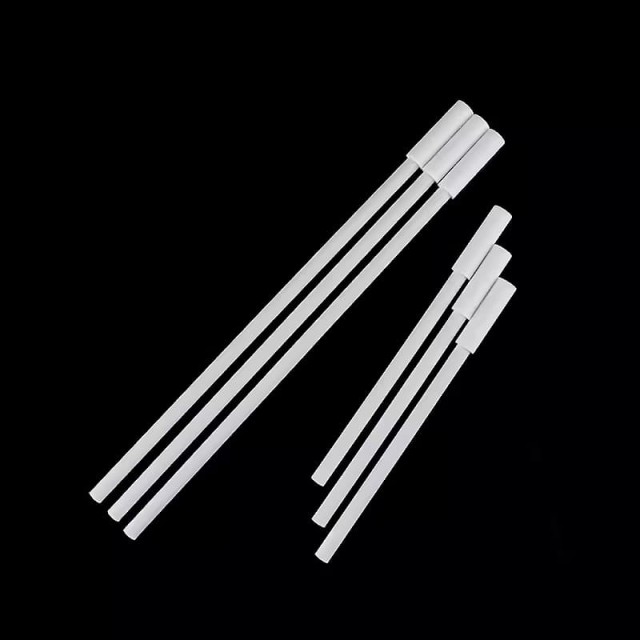
PTFE material
Custom PTFE Teflon Parts Manufacturer for PTFE Stirring Bar Recovery Rod
Item Number : PTFE-28
Price varies based on specs and customizations
- Material
- PTFE
- Specification
- See the form
Shipping:
Contact us to get shipping details Enjoy On-time Dispatch Guarantee.
Why Choose Us
Easy ordering process, quality products, and dedicated support for your business success.
Introduction
This product is used for stirrer recovery. It is resistant to high temperature, corrosion and strong alkali and is almost insoluble in all solvents. The product has a stainless steel rod inside and a polytetrafluoroethylene sleeve outside. It is mainly used to recover and adsorb stirrers or magnets from solutions during experiments.
Details & Parts
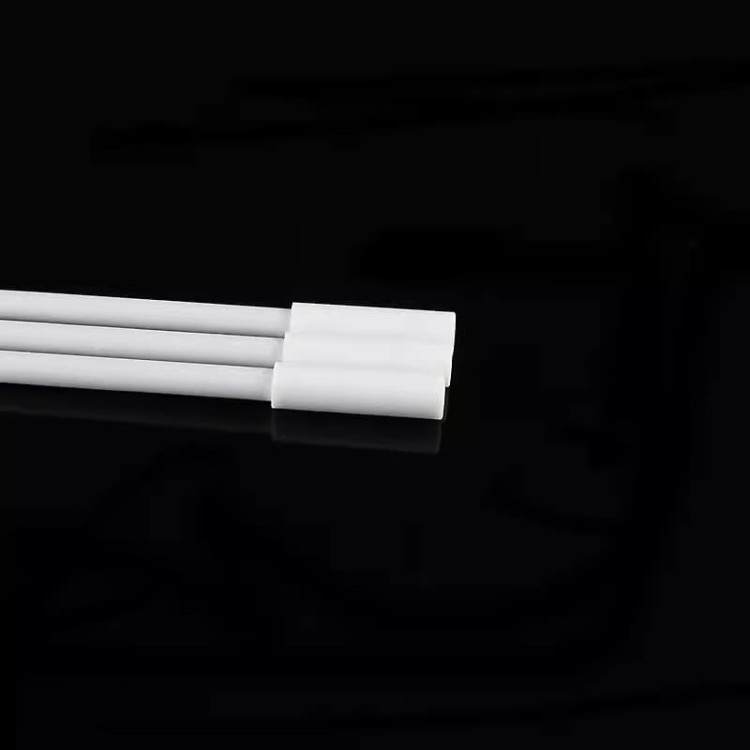

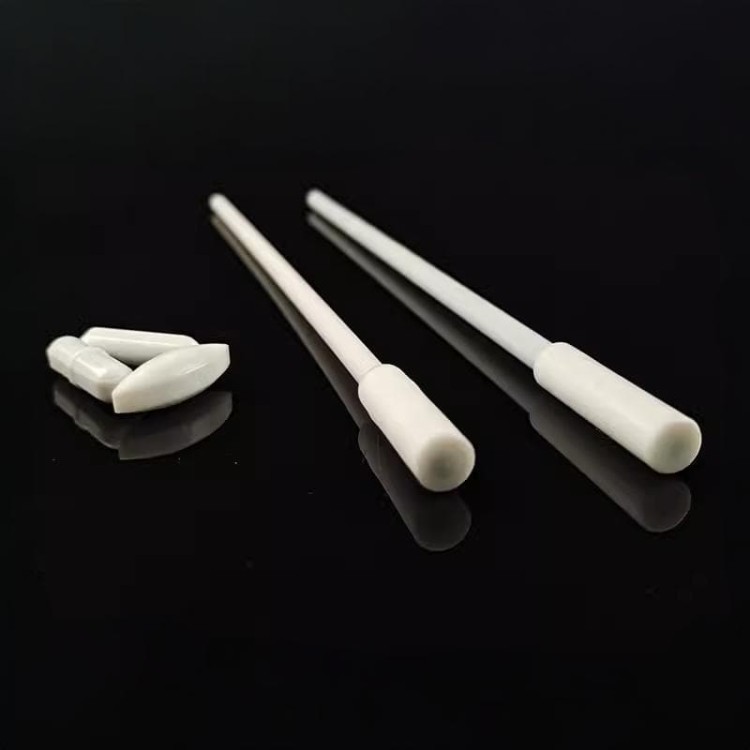

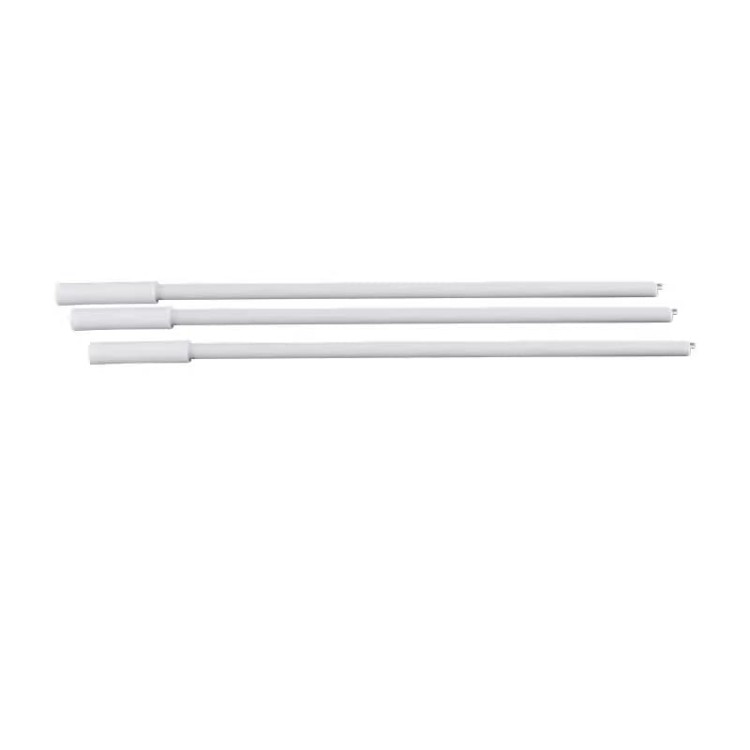
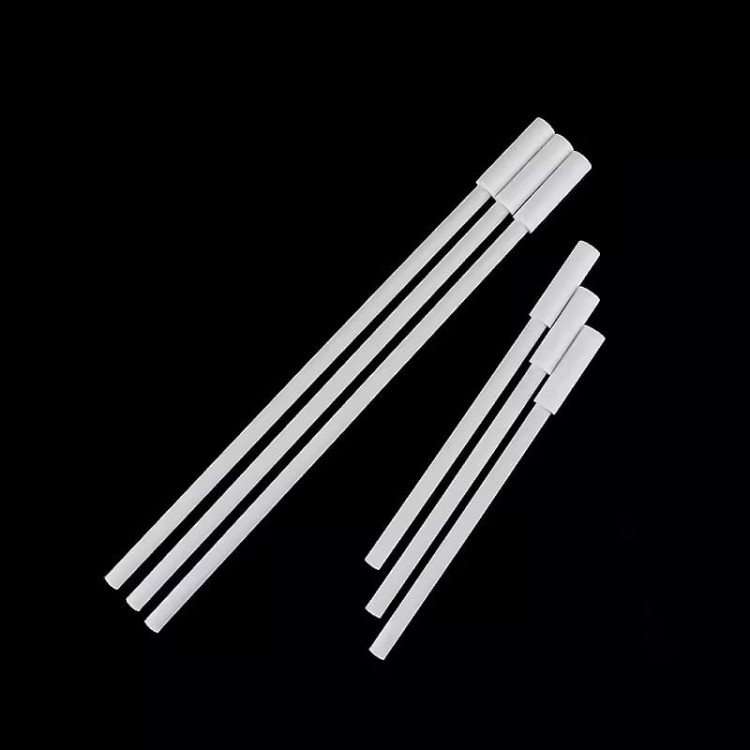
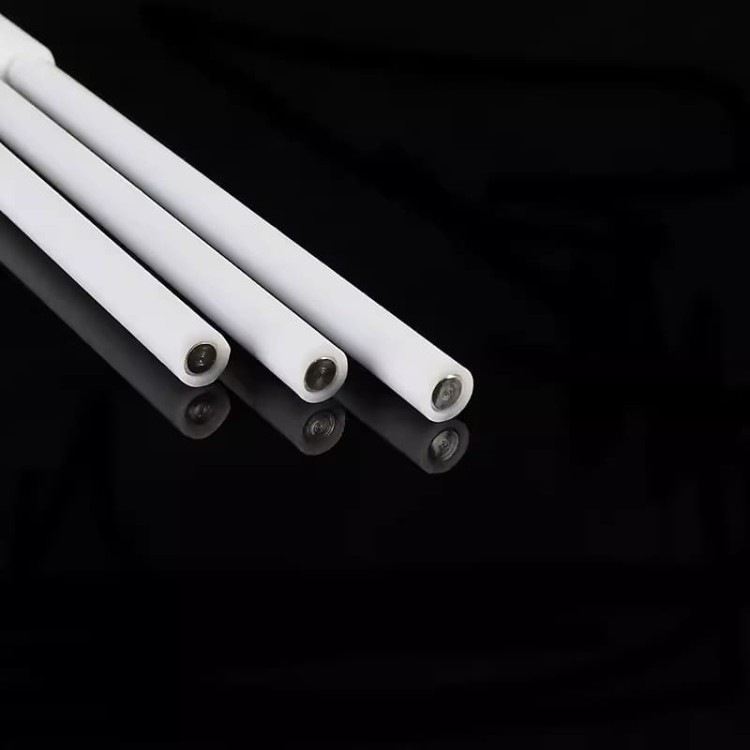
Technical specifications
| 150mm | 200mm | 250mm | 300mm |
| 350mm | 400mm | 500mm | Bendable200mm |
| Bendable250mm | Bendable300mm | Bendable350mm | Bendable400mm |
| Thickened350mm (rod 10 mm) | Thickened400mm (rod 10 mm) | Thickened500mm (rod 10 mm) | Toughness300mm |
| Toughness400mm | Toughness500mm | Toughness600mm |
The size is for reference only, please refer to the actual product.
Advantages
- Chemical stability and corrosion resistance: PTFE is known for its excellent chemical resistance. The fluorine atoms in the PTFE molecule form a strong protective layer around the carbon chain, making it impervious to attack by most chemicals, including strong acids and bases. This makes PTFE recyclers suitable for handling a wide range of corrosive substances without degradation.
- High heat resistance: With a melting temperature of 324°C and a maximum service temperature of 250°C, PTFE recyclers can withstand high temperatures, making them ideal for high-temperature evaporation processes. This heat resistance also extends to its resistance to thermal shock, ensuring durability and safety during use.
- Non-stick properties: Similar to the low friction properties, the non-stick properties of PTFE ensure that residues are easily removed, which is particularly useful when handling sticky or viscous materials.
- Mechanical strength: Despite its low surface energy, PTFE has good mechanical properties, including tensile strength and flexural strength, ensuring the recycler is durable and resistant to physical stress.
Designed for You
KinTek provide deep custom made service and equipment to worldwide customers, our specialized teamwork and rich experienced engineers are capable to undertake the custom tailoring hardware and software equipment requirements, and help our customer to build up the exclusive and personalized equipment and solution!
Would you please drop your ideas to us, our engineers are ready for you now!
Trusted by Industry Leaders

4.8 / 5
Exceptional durability and chemical resistance!
4.7 / 5
Highly efficient stirring, saves time in lab!
4.9 / 5
Perfect for high-temp experiments, no deformation!
4.6 / 5
Excellent value for money, robust and reliable!
4.8 / 5
Non-stick properties make cleaning a breeze!
4.7 / 5
Versatile and essential for various lab applications!
4.9 / 5
Superb heat resistance, ideal for my research!
4.6 / 5
Quick delivery, exactly as described!
4.8 / 5
Excellent mechanical strength, very durable!
4.7 / 5
Great for maintaining sample purity!
4.9 / 5
Technologically advanced, enhances lab efficiency!
REQUEST A QUOTE
Our professional team will reply to you within one business day. Please feel free to contact us!
Related Products

Custom PTFE Teflon Parts Manufacturer for Magnetic Stirring Bar
The PTFE magnetic stirring bar, made from high-quality PTFE, offers exceptional resistance to acids, alkalis, and organic solvents, coupled with high-temperature stability and low friction. Ideal for laboratory use, these stirring bars are compatible with standard flask ports, ensuring stability and safety during operations.
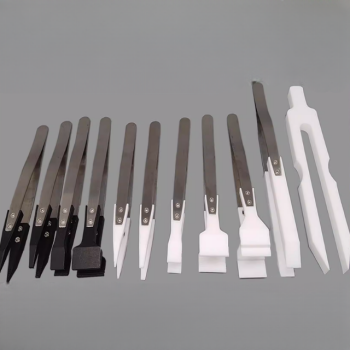
Custom PTFE Teflon Parts Manufacturer for PTFE Tweezers
PTFE tweezers inherit the excellent physical and chemical properties of PTFE, such as high temperature resistance, cold resistance, acid and alkali resistance, and corrosion resistance to most organic solvents.
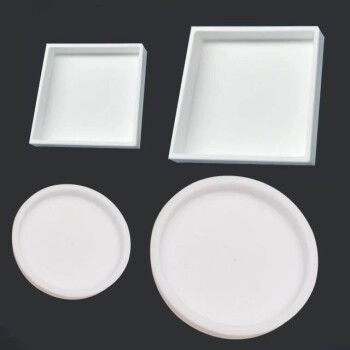
Custom PTFE Teflon Parts Manufacturer for PTFE Containers
PTFE container is a container with excellent corrosion resistance and chemical inertness.
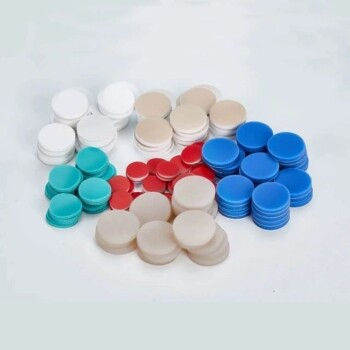
Custom PTFE Teflon Parts Manufacturer for Gaskets and More
Gaskets are materials placed between two flat surfaces to enhance the seal. To prevent fluid leakage, sealing elements are arranged between static sealing surfaces.
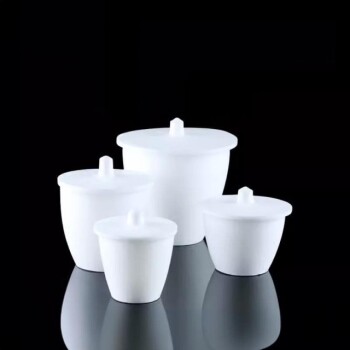
Custom Machined and Molded PTFE Teflon Parts Manufacturer with PTFE Crucible and Lid
PTFE crucibles, made from pure Teflon, offer chemical inertness and resistance from -196°C to 280°C, ensuring compatibility with a wide range of temperatures and chemicals. These crucibles feature machine-finished surfaces for easy cleaning and prevention of contamination, making them ideal for precise laboratory applications.

Custom PTFE Teflon Parts Manufacturer for PTFE Measuring Cylinder 10/50/100ml
PTFE measuring cylinder are a rugged alternative to traditional glass cylinders. They are chemically inert over a wide temperature range (up to 260º C), have excellent corrosion resistance and maintain a low coefficient of friction, ensuring ease of use and cleaning.
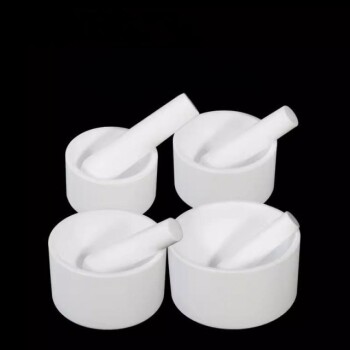
Custom PTFE Teflon Parts Manufacturer Grinding Bowl
PTFE is renowned for its exceptional chemical resistance, thermal stability, and low friction properties, making it a versatile material in various industries. The PTFE grinding bowl, specifically, finds applications where these properties are crucial.

Custom PTFE Teflon Parts Manufacturer PTFE Beaker and Lids
The PTFE beaker is a laboratory container that is resistant to acid, alkali, high and low temperatures and is suitable for temperatures ranging from -200ºC to +250ºC. This beaker has excellent chemical stability and is widely used for heat treatment samples and volume analysis.
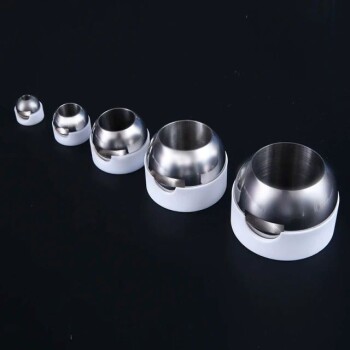
Custom PTFE Teflon Parts Manufacturer for PTFE Ball Valve Seat
Seats and inserts are vital components in the valve industry. As a key component, polytetrafluoroethylene is usually selected as the raw material.
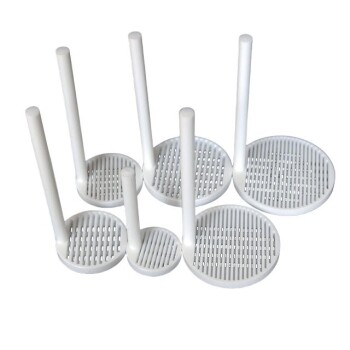
Custom PTFE Teflon Parts Manufacturer for Cleaning Racks
PTFE cleaning racks are mainly made of tetrafluoroethylene. PTFE, known as the "King of Plastics", is a polymer compound made of tetrafluoroethylene.
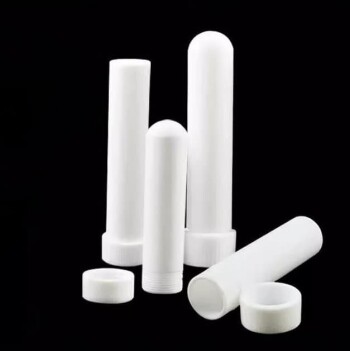
Custom PTFE Teflon Parts Manufacturer for Centrifuge Tubes
PTFE centrifugal tubes are highly valued for their exceptional chemical resistance, thermal stability, and non-stick properties, making them indispensable in various high-demand sectors. These tubes are particularly useful in environments where exposure to corrosive substances, high temperatures, or stringent cleanliness requirements are prevalent.
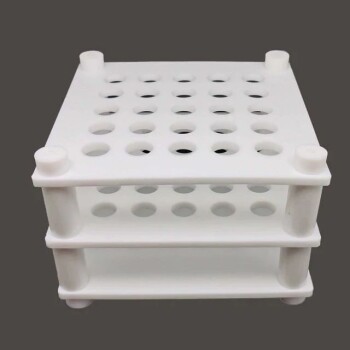
Custom PTFE Teflon Parts Manufacturer for Centrifuge Tube Racks
The precision-made PTFE test tube racks are completely inert and, due to the high temperature properties of PTFE, these test tube racks can be sterilized (autoclaved) without any problems.
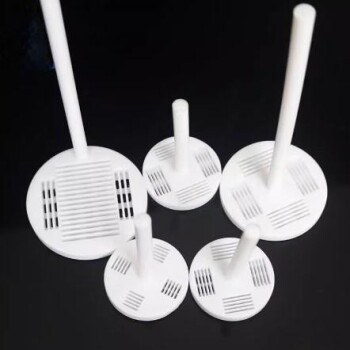
Custom Machined and Molded PTFE Teflon Parts Manufacturer for Laboratory ITO FTO Conductive Glass Cleaning Flower Basket
PTFE cleaning racks are mainly made of tetrafluoroethylene. PTFE, known as the "King of Plastics", is a polymer compound made of tetrafluoroethylene.
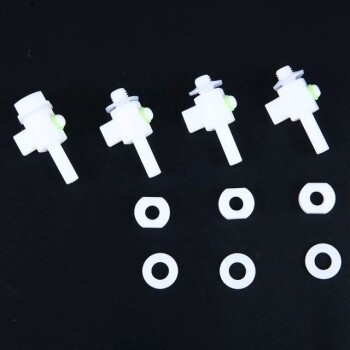
Custom PTFE Teflon Parts Manufacturer for Air Valve Applications
PTFE small air valve for gas-liquid sampling and sampling bag for sample collection.

Custom PTFE Teflon Parts Manufacturer for PTFE Buchner Funnel and Triangular Funnel
The PTFE funnel is a piece of laboratory equipment used primarily for filtration processes, particularly in the separation of solid and liquid phases in a mixture. This setup allows for efficient and rapid filtration, making it indispensable in various chemical and biological applications.
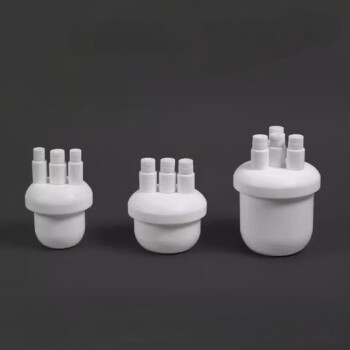
Custom PTFE Teflon Parts Manufacturer for Three-Necked Round Bottom Flask
PTFE flask, is a versatile laboratory container made from PTFE, offering exceptional chemical resistance, temperature stability, and non-stick properties. Ideal for handling corrosive substances and high-temperature applications, these flasks are essential in various laboratory procedures, including heating, mixing, and storage of chemicals.

Custom PTFE Teflon Parts Manufacturer F4 Conical Flask Triangular Flask 50 100 250ml
The PTFE triangular flask, also known as a Teflon reagent bottle, is a robust, chemical-resistant alternative to traditional glass bottles, suitable for handling both acids and alkalis. These bottles are unbreakable, lightweight, and feature a leak-proof screw cap, making them ideal for laboratory use.

Custom PTFE Teflon Parts Manufacturer for Culture Dish and Evaporation Dish
The PTFE culture dish evaporating dish is a versatile laboratory tool known for its chemical resistance and high-temperature stability. PTFE, a fluoropolymer, offers exceptional non-stick properties and durability, making it ideal for various applications in research and industry, including filtration, pyrolysis, and membrane technology.
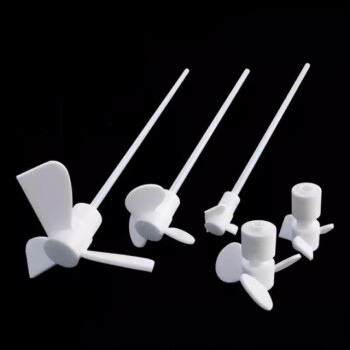
Custom PTFE Teflon Parts Manufacturer Laboratory High Temperature Mixing Paddle Mixer
The PTFE mixing paddle mixer is a versatile and robust tool designed for laboratory use, particularly in environments requiring high resistance to chemicals and extreme temperatures. Crafted from high-quality PTFE, this mixer boasts several key features that enhance its functionality and durability.
Related Articles

PTFE gasket: an all-around solution for flange sealing
Polytetrafluoroethylene (PTFE) gaskets have become an ideal choice in the field of flange sealing due to their unique chemical stability and high temperature resistance.

Basic Mixing Equipment in the Laboratory
Overview of essential laboratory mixing devices and their functionalities.

The Role and Types of Crucibles in Scientific Experiments
Explores the significance and various types of crucibles in scientific experiments, focusing on their materials and applications.

Emerging Green Solvents in Photovoltaic Module Recycling
Exploring the shift towards green solvents in PV module recycling, focusing on deep eutectic solvents and their advantages.

Applications of Dry Cold Traps in Various Processes
Dry cold traps are used in multiple applications to condense and collect gases, protecting equipment and improving process efficiency.

Molecular Distillation: An Efficient Separation and Purification Technology
Explore the principles, applications, and benefits of molecular distillation in various industries.

Basic Laboratory Reaction Equipment
Overview of essential lab equipment for chemical reactions under various conditions.